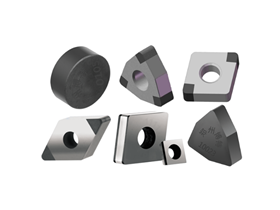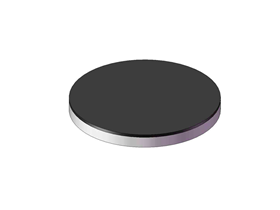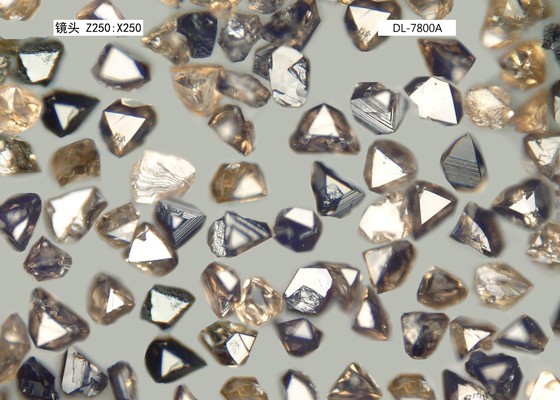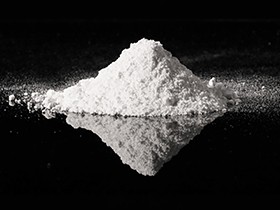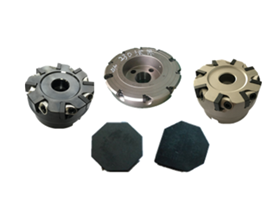PCBN (Polycrystalline Cubic Boron Nitride) tools, as a high-end tool material in modern cutting technology, show excellent performance in machining hard, difficult-to-machine materials such as hardened steels, cast irons, and certain ceramic materials due to their extremely high hardness, good thermal stability, and chemical inertness. However, even so, PCBN tools are exposed to different types of wear during prolonged or intense cutting, and these forms of wear have a direct impact on tool life and machining quality. Below is a detailed analysis of a few of the forms of PCBN tool wear you have mentioned:
Mechanical friction wear (normal wear):Mechanical friction wear is one of the most common forms of wear on PCBN tools, and it occurs mainly due to direct contact and relative motion between the tool and the workpiece material. In the cutting process, the front and back surfaces of the tool are constantly squeezed and rubbed by the workpiece material, resulting in the gradual flaking of the tool surface material. This wear is progressive, and to some extent predictable, through a reasonable selection of cutting parameters and tool geometry design, can effectively control its rate, extend tool life.
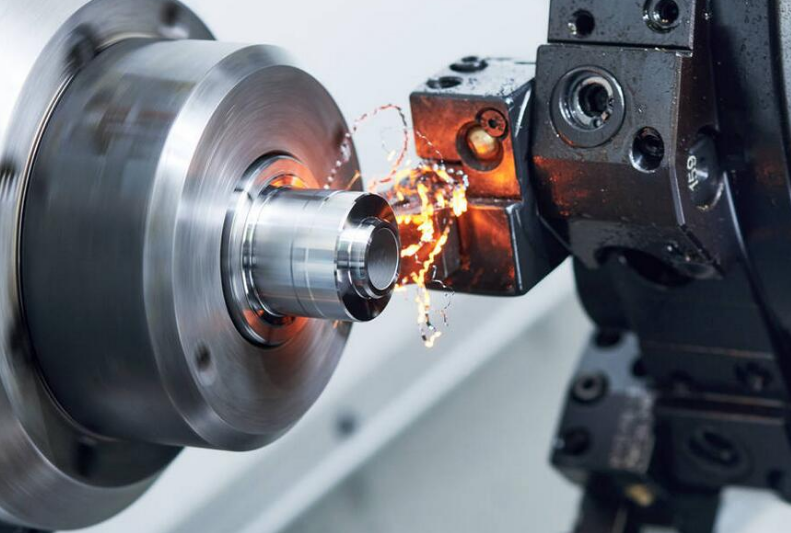
Chemical wear:Chemical wear occurs when there is a chemical reaction between the PCBN tool and the workpiece material. Although PCBN itself has excellent chemical stability, but in extreme cutting conditions (such as high temperature, high pressure), or when the workpiece material contains elements that can react with PCBN (such as some active metals or compounds), chemical reactions may still occur, resulting in erosion of the tool surface material. This kind of wear usually manifests itself as corrosion pits or discoloration on the tool surface, which seriously affects the cutting performance and life of the tool. Therefore, when selecting a PCBN tool to machine a specific material, the chemical compatibility of the material needs to be fully considered.
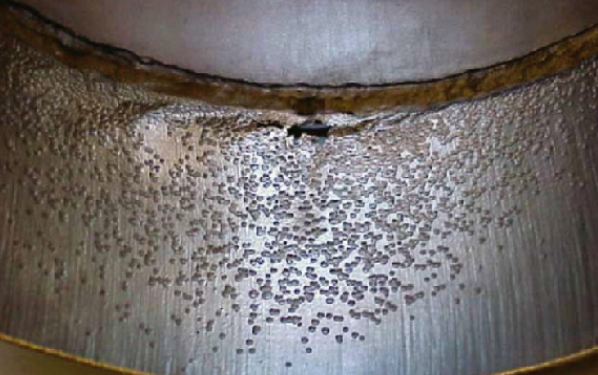
Thermal corrosion:Thermal corrosion is a form of wear unique to PCBN tools in a high-temperature cutting environment. When the heat generated during the cutting process can not be dissipated in a timely manner, resulting in the tool local temperature is too high, PCBN material may be due to thermal stress concentration and burns, thermal chafing and other phenomena. Thermal corrosion not only destroys the geometry and surface quality of the tool, but also reduces the hardness and strength of the tool, thus accelerating the failure of the tool. To reduce thermal corrosion, effective cooling measures need to be taken, such as the use of coolant, optimizing cutting parameters to reduce the cutting temperature, and ensuring that the tool has good thermal conductivity.
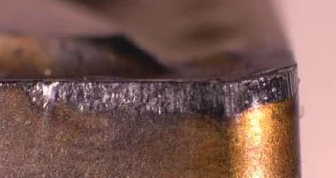
Chipping:Chipping is a sudden form of tool failure, usually caused by irrational tool edge design, improper selection of cutting parameters or the presence of hard points in the workpiece material. When the cutting resistance exceeds the strength of the cutting edge, the cutting edge of the tool may suddenly fracture or chipping, resulting in cutting process interruption, or even damage to the workpiece. In order to prevent chipping, it is necessary to reasonably design the shape and angle of the cutting edge of the tool according to the characteristics of the workpiece material and machining requirements, strictly control the cutting parameters, and use pre-grinding and other reinforcing measures to improve the strength of the edge when necessary.
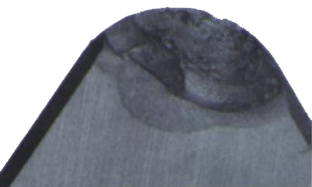
To summarize, it is important to understand and effectively control the various forms of PCBN tool wear to improve machining efficiency, ensure machining quality and extend tool life.
